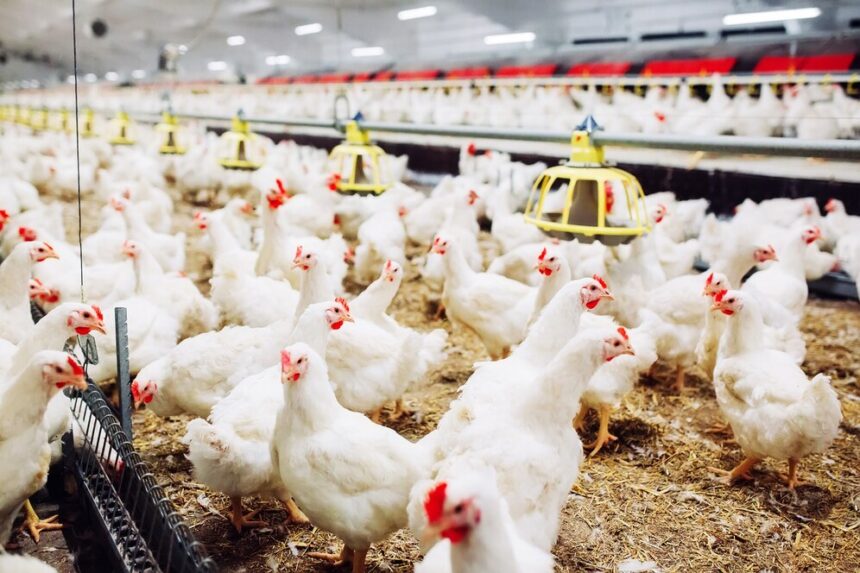Raising healthy chickens in the Western Cape can be a rewarding and profitable venture, whether you’re a backyard enthusiast or a commercial farmer. The region’s unique climate and environment offer excellent opportunities for poultry farming, but also present specific challenges. Understanding how to care for your flock properly is key to ensuring strong, productive chickens that thrive year-round. Here are seven secrets to raising healthy chickens in the Western Cape that every poultry keeper should know.
1. Choose the Right Breed for Your Climate
The Western Cape’s Mediterranean climate—with wet winters and dry summers—calls for hardy chicken breeds that can adapt to temperature fluctuations. Breeds like the Sussex, Rhode Island Red, and Orpington are well-suited to this environment. They tolerate cooler winter temperatures and handle summer heat better than more delicate breeds. Selecting the right breed reduces stress and disease susceptibility.
2. Provide Adequate Shelter and Ventilation
Proper housing protects chickens from harsh weather and predators. In the Western Cape, your chicken coop should offer shelter from cold winter rains and strong summer sun. Good ventilation is essential to reduce humidity and ammonia buildup inside the coop, which can cause respiratory problems. Use breathable materials and design your coop with adjustable vents to maintain airflow without letting in drafts.
3. Maintain a Balanced Diet with Fresh Water
Healthy chickens need a balanced diet rich in protein, vitamins, and minerals. Commercial poultry feed formulated for your chickens’ life stage is ideal, but supplementing with fresh vegetables, grains, and occasional kitchen scraps can improve nutrition. Always provide clean, fresh water—chickens drink more in hot weather, so check water supplies regularly to prevent dehydration.
4. Practice Regular Health Checks and Vaccination
Early detection of illness can save your flock. Inspect your chickens daily for signs of disease such as lethargy, changes in appetite, or unusual droppings. In the Western Cape, Newcastle disease and Marek’s disease are common threats, so ensure your flock is vaccinated according to veterinary advice. Biosecurity measures, such as disinfecting equipment and limiting visitors, help prevent outbreaks.
5. Manage Parasites Proactively
Parasites like lice, mites, and worms can severely affect chicken health and productivity. Regularly clean the coop and nesting boxes to reduce parasite habitats. Use natural remedies or veterinary-approved treatments as preventive measures. Incorporating dust baths with fine sand or wood ash helps chickens control external parasites naturally.
6. Allow for Free-Range Time When Possible
Giving your chickens access to outdoor areas enables natural behaviors like foraging, scratching, and dust bathing, which improve their mental and physical health. The Western Cape’s abundant natural vegetation and mild weather are perfect for free-ranging. Just ensure the area is secure from predators and free of toxic plants.
7. Keep Records and Plan for Seasonal Changes
Track your flock’s growth, egg production, and health status. Keeping records helps you spot trends and respond to issues early. The Western Cape’s seasons bring different challenges—from wet winters increasing risks of fungal infections to hot summers requiring shade and extra water. Planning ahead ensures your chickens stay healthy year-round.
By applying these seven secrets, poultry keepers in the Western Cape can raise robust, happy chickens that provide fresh eggs and meat for their families or businesses. Healthy chickens mean higher productivity and less stress, making poultry farming a sustainable and enjoyable pursuit in this beautiful region.
Join 'Farmers Mag' WhatsApp Channel
Get the latest Farming news and tips delivered straight to your WhatsApp
CLICK HERE TO JOIN






